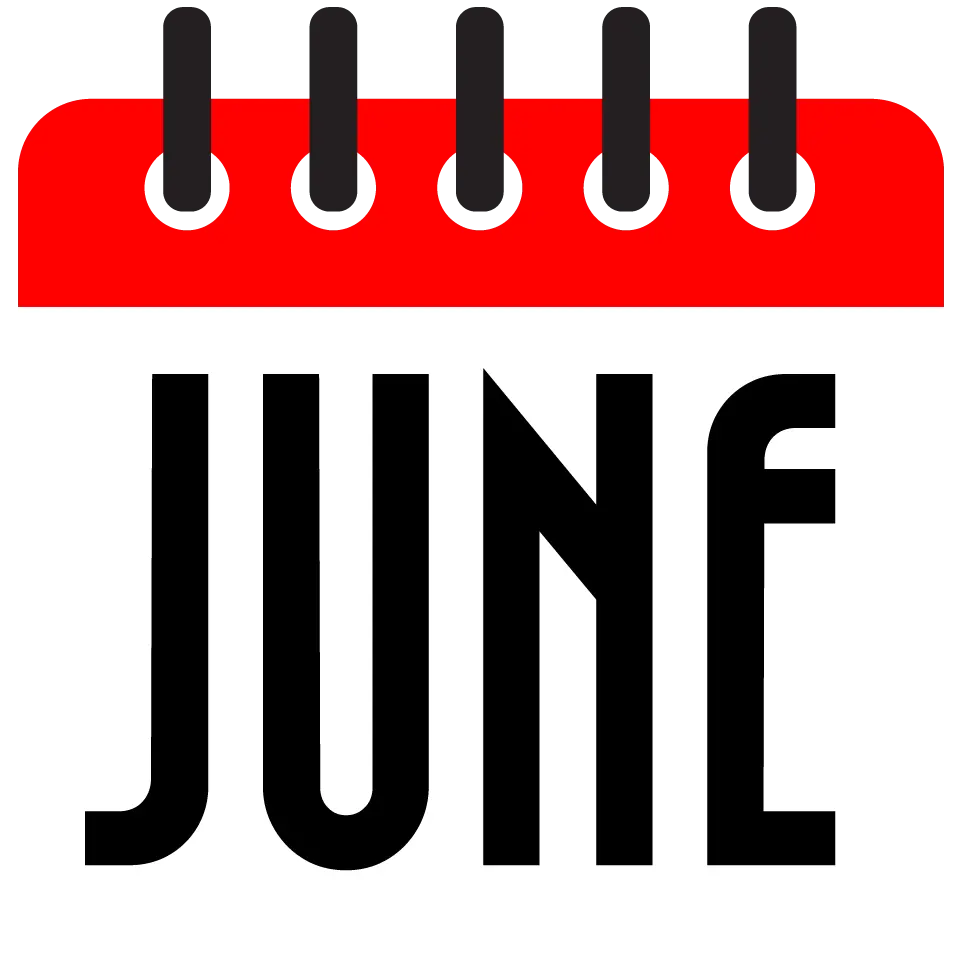It is difficult to fully own our decision-making. While we chafe at the idea of being restricted and contrained, there is a measure of comfort we overlook in accepting that some decisions—and the resulting responsbility—might be better outsourced.
I’ve been thinking lately that people don’t actually want independence and autonomy. This thought is a hypothesis that comes from two beliefs:
-
No one wants to be responsible. There is a general trend toward passive voice in public-facing media. Passive voice is a unique feature of language that allows us to direct attention to the action and obscure the actor.[1] Years ago, I remember my teachers marking my papers down for passive voice, and I wonder if they would do so now.
-
No one wants to be the most significant entity in the universe—not really. A common desire when people are stressed is to reconnect to nature. Realizing the power, vastness, and resilience of nature “brings us back to earth” and helps us realize our own insignificance in the grand scheme of things.[2]
There must be a happy medium between autonomy and constraint. Of course no one should be subjected to constraints so restrictive that there is no free will or self-expression. On the other hand, I believe no one should be subjected to freedom so complete they must make decisions—and accept the responsibility—for everything in their lives.
Limitations offer us opportunities to be creative. Freedom offers us opportunities to be responsible.
There is a book whose title comes to mind here: Carol Tavris and Elliot Aronson’s “Mistakes Were Made (but Not by Me).” If you’re looking for a book that explores how grammatical structures may empower or inhibit our lives, I recommend Lawrence Weinstein’s “Grammar for a Full Life.” There is an excellent chapter on passive voice. ↩︎
Of course, nature offers a whole host of benefits including reduced human-made noise, but I believe the desire to de-stress is nature is because we feel the weight of responsibility lifted from our shoulders. ↩︎
